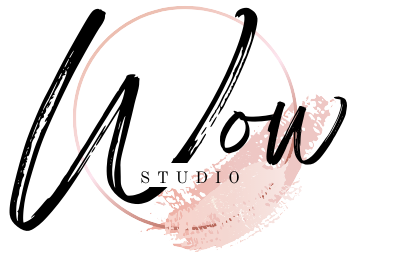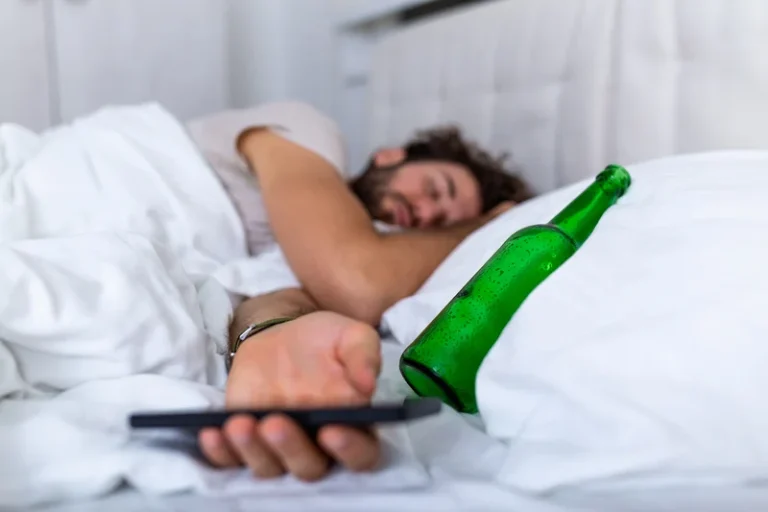
The connection between alcohol withdrawal and anxiety attacks is a complex interplay of physiological and psychological factors. As the body and mind adjust to life without alcohol, the surge of anxiety can be overwhelming. However, with alcohol induced panic attack proper medical supervision, appropriate treatment, and ongoing support, it’s possible to navigate this challenging period successfully. If you struggle with panic attacks and feelings of anxiety, it is important to understand how alcohol can affect your mental health and potentially make these symptoms worse.
Can You Treat Anxiety and Alcohol Use Disorders at the Same Time?
While DT is less common, its high mortality rate makes emergency care paramount. It can be hard to predict who might experience this severe form of withdrawal, but confusion is a telltale sign. Those who are older, have a history of alcohol seizures or have comorbid issues can help predict elevated risk (2). If a person drinks regularly, the natural GABA and serotonin levels can get destabilised, making withdrawal symptoms and anxiety attacks worse. The relationship between alcohol and anxiety is complex and bidirectional.
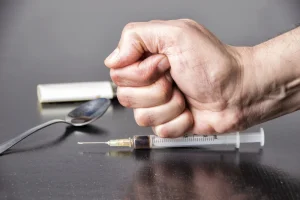
Can I drink alcohol to cope with anxiety and panic attacks?
Drinking alcohol on a regular basis can result in your body building up a tolerance to this substance over time. Alcohol acts as a sedative, often lowering the feelings of anxiety or panic that you may be experiencing. If you automatically reach for alcohol as soon as you notice the impending symptoms of a panic attack, you may believe that this substance calms you down and prevents you from spiralling. Some people struggle with a disorder known as alcohol-induced panic attacks, in which they suffer from regular panic attacks after drinking alcohol. As well as being an unhealthy coping mechanism, cases of alcohol-induced panic attacks prove that alcohol can actually be the cause of anxiety and panic rather than the cure. Early diagnosis and treatment are critical in preventing the condition from worsening.
What Are the Symptoms of an Alcohol Withdrawal Panic Attack?
- Venlafaxine is often used when SSRIs are ineffective or when anxiety symptoms are more severe.
- Among the myriad symptoms that accompany withdrawal, paranoia stands out as an intense and distressing psychological one.
- That’s one of the main reasons that it’s so important to make sure that those with anxiety avoid heavy drinking.
- Older adults may experience heightened anxiety after drinking due to age-related changes in metabolism and the body’s ability to process alcohol.
- But remember, if you’re already prone to anxiety or have been diagnosed with an anxiety disorder, consuming even a small amount of alcohol can trigger your symptoms, including panic attacks.
It’s also no secret that drinking—especially heavy drinking—can bring on feelings of regret the next day. Early mild symptoms such as an upset stomach, headache, and sleeplessness can start to occur during this time. If your panic attacks are alcohol-related, you should also re-examine your drinking patterns and consider cutting down on your drinking. If you can’t cut down on drinking despite recurring panic attacks or anxiety hangovers, then it would be a good idea to look into getting help.
- Surveys have shown that people with alcohol use disorder often have symptoms of insomnia.
- During your assessment for a substance use disorder, your care providers may uncover one or more underlying mental disorders.
- The constant stress of having an attack can lead to high blood pressure and a number of other health problems.
Supervised detox may also involve the use of certain medications that alleviate some of the symptoms of withdrawal. When the individual goes through detox in a medically supervised setting, the symptoms are managed in a comfortable and safe environment. Medically supervised detox is necessary, especially, for managing alcohol withdrawal panic attacks in a safe and healthy manner. Regular alcohol consumption can lead to physical dependence as the body adapts to alcohol intake. Over time, alcohol affects the brain’s neurotransmitter systems, leading to feelings of calmness when someone drinks. When alcohol is removed, the brain’s neurotransmitters, which have adapted to functioning with regular alcohol, suddenly become disregulated, leading to withdrawal symptoms.
Ketamine Addiction
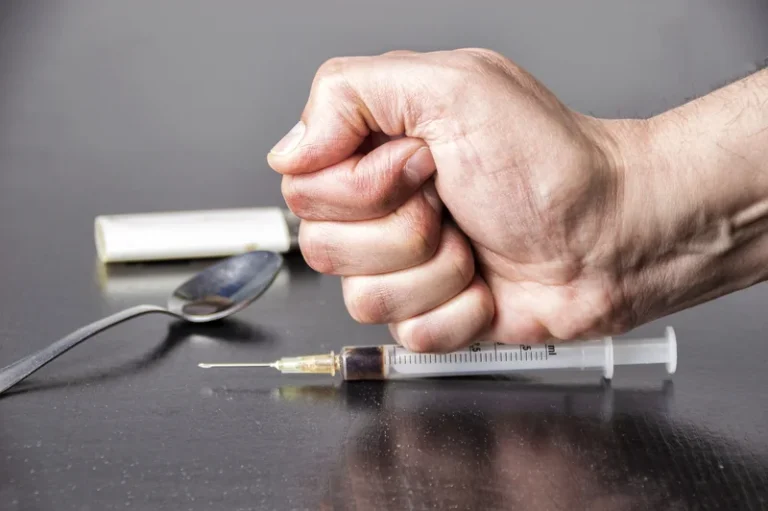
In fact, if you’re experiencing anxiety, drinking alcohol could be making things worse. In addition to these, another overlooked reason that people experience severe anxiety during withdrawal is because alcohol has caused them to lose their original coping ability. Stress coping is a skill – a skill that you may not even know you have.
Coping with anxiety during recovery
Alcohol-induced panic attacks are scary and you might feel like cutting down on your drinking. If the alcohol panic attack Substance abuse is hangover related, that is a warning sign as well. Another thing to watch out for is increases in the severity and frequency of anxiety levels and alcohol panic attacks.
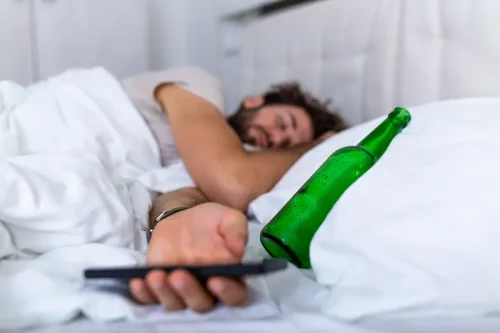
Does Alcohol Withdrawal Cause Anxiety/Panic Attacks?
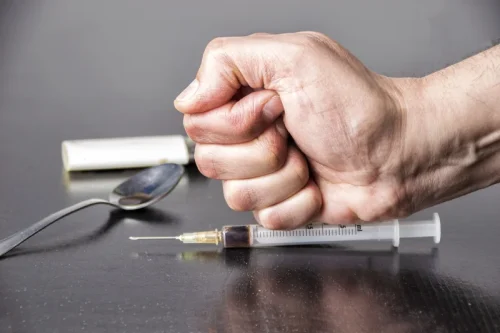
But the last step only starts the process again from the beginning. As the initial calm feeling fades you can feel anxiety as the effects of the alcohol wear off. There are no specific studies that suggest that one type of alcohol can affect anxiety levels more than other types of alcohol. While some people may believe that wine and beer may cause less anxiety than hard liquor due to its alcohol content, this is not true. It’s not necessarily the type of alcohol you drink that can affect your levels of anxiety, but rather anxiety is related to the amount and frequency of alcohol use. But then they become dependent on alcohol as a way https://ecosoberhouse.com/ of reducing stress.
